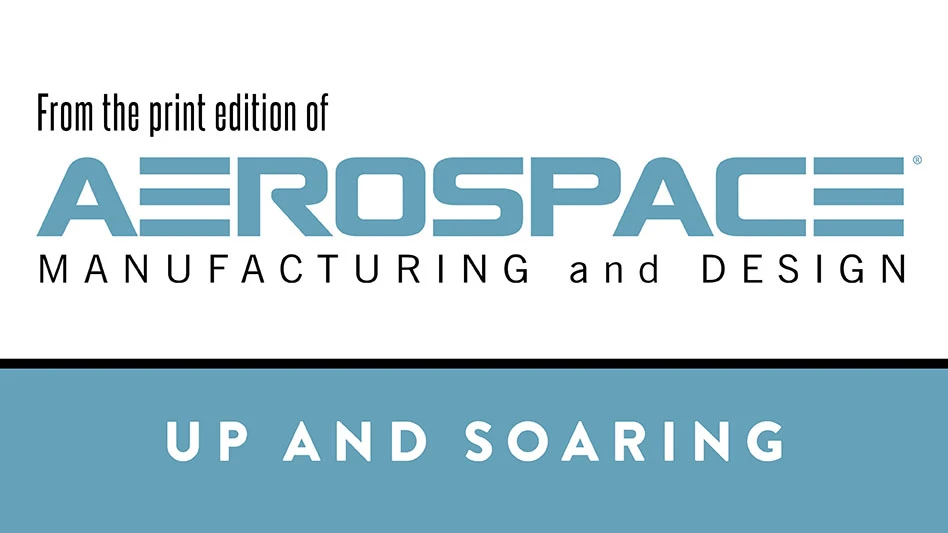
AdobeStock
U.S. manufacturers have benefited from Mexico manufacturing for decades as a way to reduce costs. However, this operational strategy has now become an increasingly popular alternative to offshoring to China due to significant changes to trade policies and global infrastructure. In 2020, both the challenges brought forth by the COVID-19 pandemic and the enforcement of the United States-Mexico-Canada Agreement (USMCA) caused many U.S. manufacturers to switch their strategies and relocate their foreign operations from China and bring them closer to home, in Mexico.
COVID-19 made a significant impact to global manufacturing, halting the supply chain in China, which caused many manufacturers to address their reliance on a single region and diversify their portfolio. With the impact of COVID-19 still in effect, the travel and operations of manufacturing in China remains an unsteady option. Combined with the ongoing trade conflicts between the U.S. and China and lack of quality assurance available, the cost benefit that once made China a powerhouse trade partner has now lost some of its luster.
Meanwhile, the USMCA replaced the longstanding North American Free Trade Agreement (NAFTA) and its provisions are a strong incentive for U.S. companies to consider nearshoring to Mexico, when previously, they might have considered offshoring to China. One notable part of the USMCA is the focus on intellectual property protection, a historic area of contention between the U.S. and China. There are also specific provisions pertaining to the percentage of original content that must be produced by North American countries.
As a result, nearshoring to Mexico has become an increasingly viable option for U.S. manufacturers that wish to strengthen their supply chains and create a streamlined import-export process. In a time when companies are looking for a greater sense of certainty and security, manufacturing in Mexico is an alluring option.
Top benefits of Mexico manufacturing
When looking at the benefits of nearshoring to Mexico vs. offshoring to China, there are several key areas that make the former the more favorable choice. These include: a close proximity to the U.S., availability of cost-effective, highly skilled labor, and increased intellectual property protection, among others.
Established facilities close to the U.S.
Manufacturing in Mexico is not a new concept. It has been one that’s proven successful for decades. Many of the top global manufacturers have established and expanded facilities in different regions as technology and product demands have grown.
Because of this, Mexico is already set up structurally, with steady supply chains and transportation, to support new companies entering the space. Plus, with the close proximity to the U.S., freight cost and time to market for products are reduced significantly in comparison to offshoring to China.
Cost-effective, highly skilled labor
The biggest allure of offshoring to China in previous decades was low-cost labor. However, as the minimum monthly wages have continued to increase, this factor no longer offsets the high cost of production due to facilities being located overseas.
Comparatively, the cost of labor rates Mexico offers remains low, and the focus on industrial education and training remains steady. U.S. manufacturers benefit from cost-effective labor, while also maintaining production quality through a competitive market.
IP protection
Intellectual property (IP) protection is essential to the U.S. economy and has been a cause for concern when operating in China for years. With the emergency of new technology in all industrial sectors, having security in place for product protection and licensing is of great value.
Select provisions in the USMCA include extended or updated protections on trademarks, trade secrets, and geographical indications, which protect distinctive products from certain regions.
Including shelter services as part of your manufacturing strategy
There are nuances involved when manufacturing in any foreign country. U.S. manufacturers that want to set up operations in Mexico have the option of partnering with a shelter service provider. This partnership reduces the risk and liability of setting up operations, as well as streamlines the process and allows manufacturers to focus on their day-to-day production.
Shelter services include but aren’t limited to: site selection, HR management, tax, legal, and custom compliance, and ensuring all certifications and permits are in place. Additionally, U.S. manufacturers that work with a shelter service provider have the benefit of working under their IMMEX maquiladora license, which exempts them from the 16 percent VAT tax on all temporarily imported goods, machinery, and equipment, which is a significant cost savings.
As the industry continues to change, flexibility remains a top priority for manufacturing companies. There must be adaptability to scale or halt production as needed.
About the author: Sergio Tagliapietra is CEO of IVEMSA. He can be reached at 855.493.1936 or info@ivemsa.com.
Latest from Aerospace Manufacturing and Design
- America Makes announces QTIME project call
- Innovation meets precision for 40% faster machining
- Upcoming webinar: Pro tips from a supply chain strategist
- Heart Aerospace relocates to Los Angeles
- Fixtureworks introduces Stablelock Clamps
- Piasecki acquires Kaman's KARGO UAV program
- PI Americas’ long-travel XY piezo nanopositioners-scanners
- AAMI project call submission deadline extended to May 12





